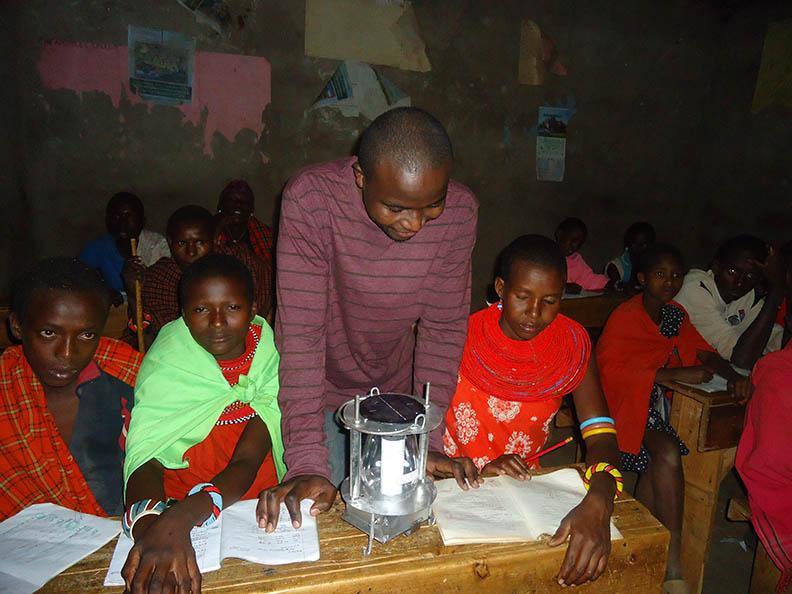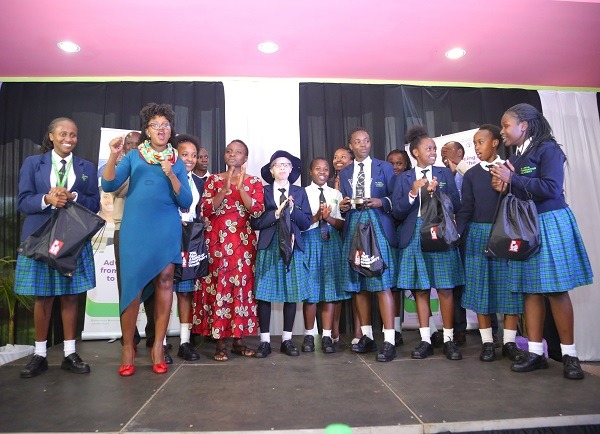In spite of the political imbroglio and social inconvenience in many parts of Africa, the black nation’s millennials are smashing records and writing their names on the sands of time for creating disruptive innovations.
While there are loads of inventions that have disrupted the Africa Tech space and are really salvaging many populaces in the continent, here is a young African inventor providing creative solutions to the continent’s social problems.
Solar-Powered LED Lantern
Could you believe that there are places in Africa that don’t have electricity yet? Yes, there is. In a bid to bring succour to the people of Kenya in the midst of the country’s power blackout, the 26-year-old Kenyan engineer, Evans Wadongo designed a solar-powered LED lantern called “MwangaBora” which means “Good Light.”
Evans who lived without electricity did something about it and began a chain reaction that met the needs of his people and created jobs while at it.
Wadongo was born in Kenya and attended Manyoje and Bisunu primary schools. His home was about 10 kilometres away and he walked the distance to school on a daily basis. His parents were both teachers. Despite the availability of electricity, he kept pushing and he was listed among the top 100 best students in Kenya Certificate of Secondary Education examination in 2002. Evans Wadongo attended Jomo Kenyatta University of Agriculture and Technology where he bagged his first degree in Electronic and Computer Engineering. The smoke and the bad light which the traditional lantern produced made it difficult for him to complete his assignments most times and also displeased his eyes. This spurred him to design and produce a portable solar-powered lantern at the age of 19.

Evans was able to distribute the lamps to villages in Kenya in 2006 with assistance from the non-profit Sustainable Development for All after which he became the executive director of the organization three years later. Each solar lantern cost about $25 and over 50,000 MwangaBora lamps have been distributed to people in Kenya and Malawi and beyond.
The production and distribution were funded by public donations from individuals, corporations and foundations. The solar lamp has impacted the lives of people in Nairobi by creating manufacturing jobs and giving them opportunities to earn as much as $110 weekly which is more than the Kenyan minimum wage.
He was named among 35 top Global Innovators under 35 in 2013 and was also a finalist for Humanitarian Hero Award and Inaugural Innovation Prize for Africa. Evans was selected among thousands of nominations globally for CNN Top Ten Hero 2010 and many others.
When talking about disrupting the tech space across the globe, Kenya, Rwanda, South Africa, Nigeria and others are making it big in the African Innovation Industry. Evans’ invention is fast replacing the smoky kerosene lamps and firelight in rural Kenya.













